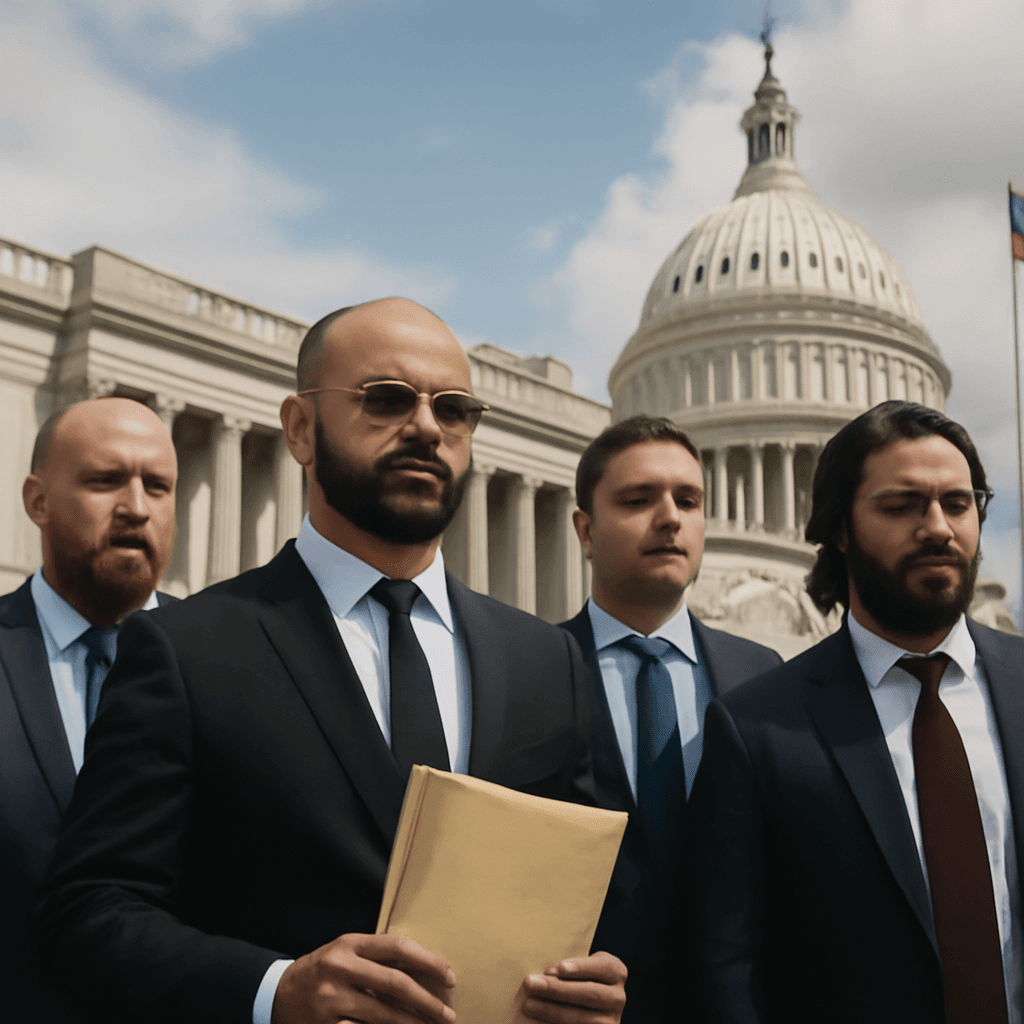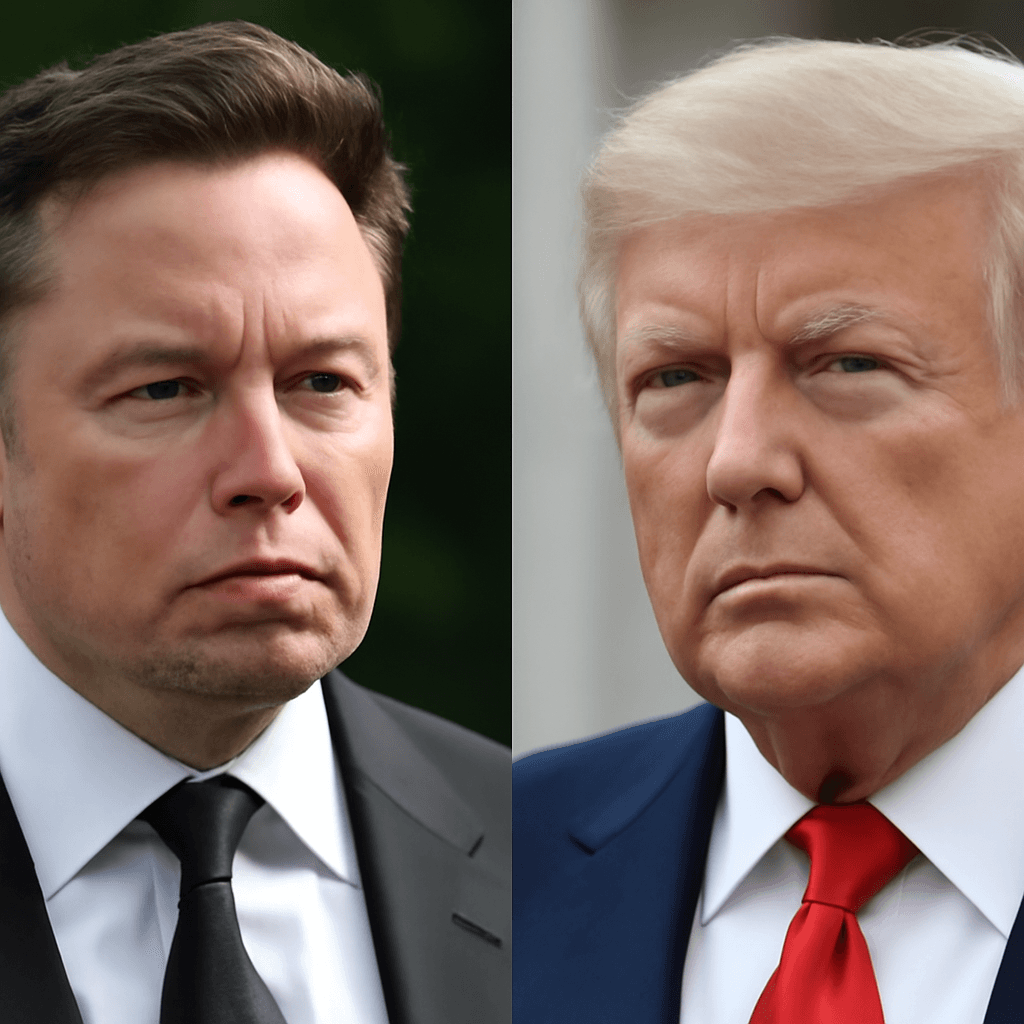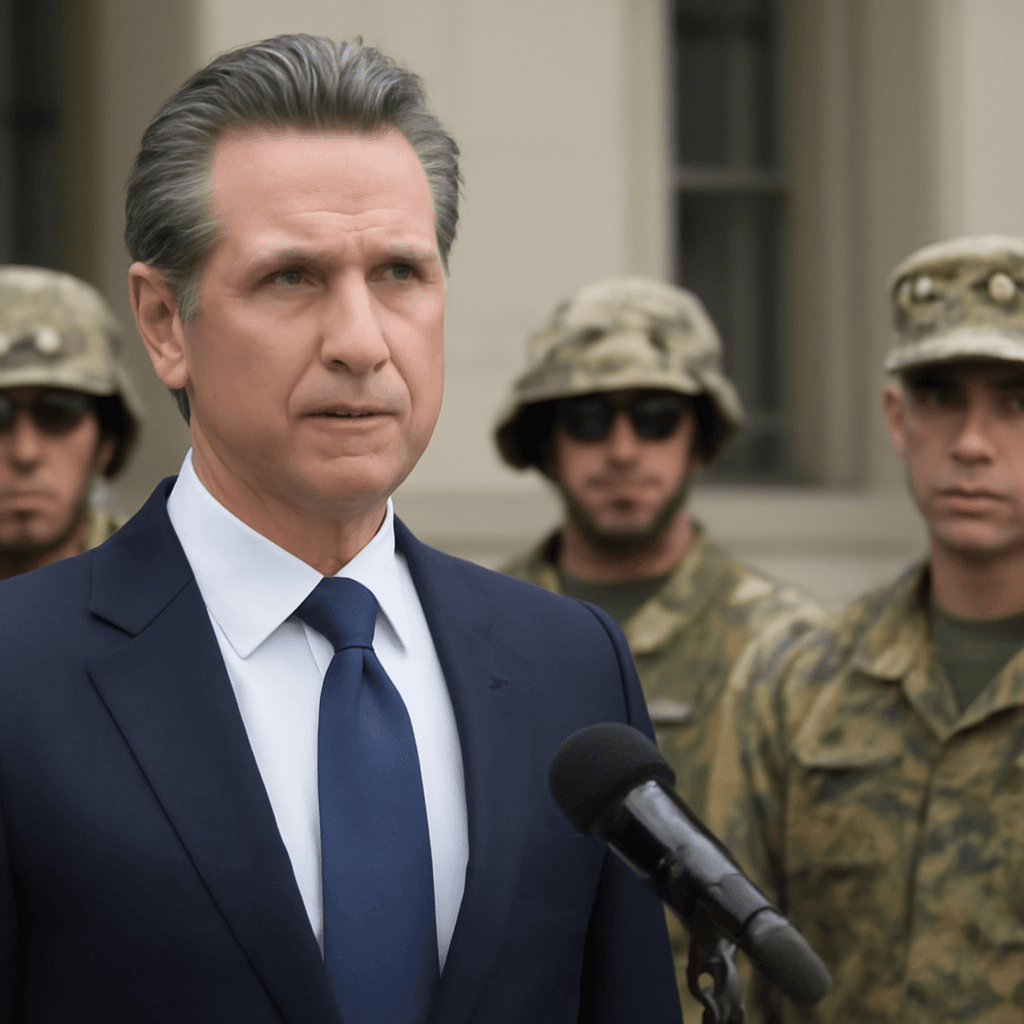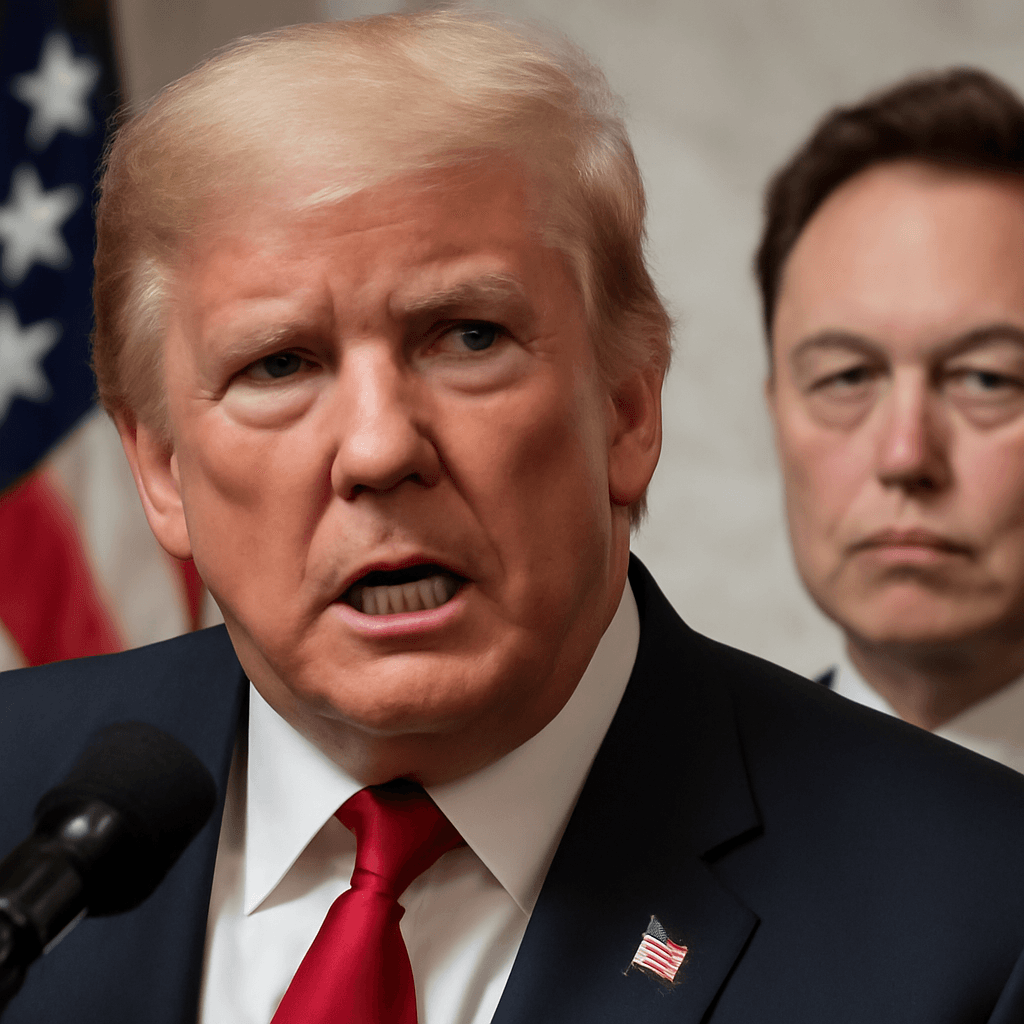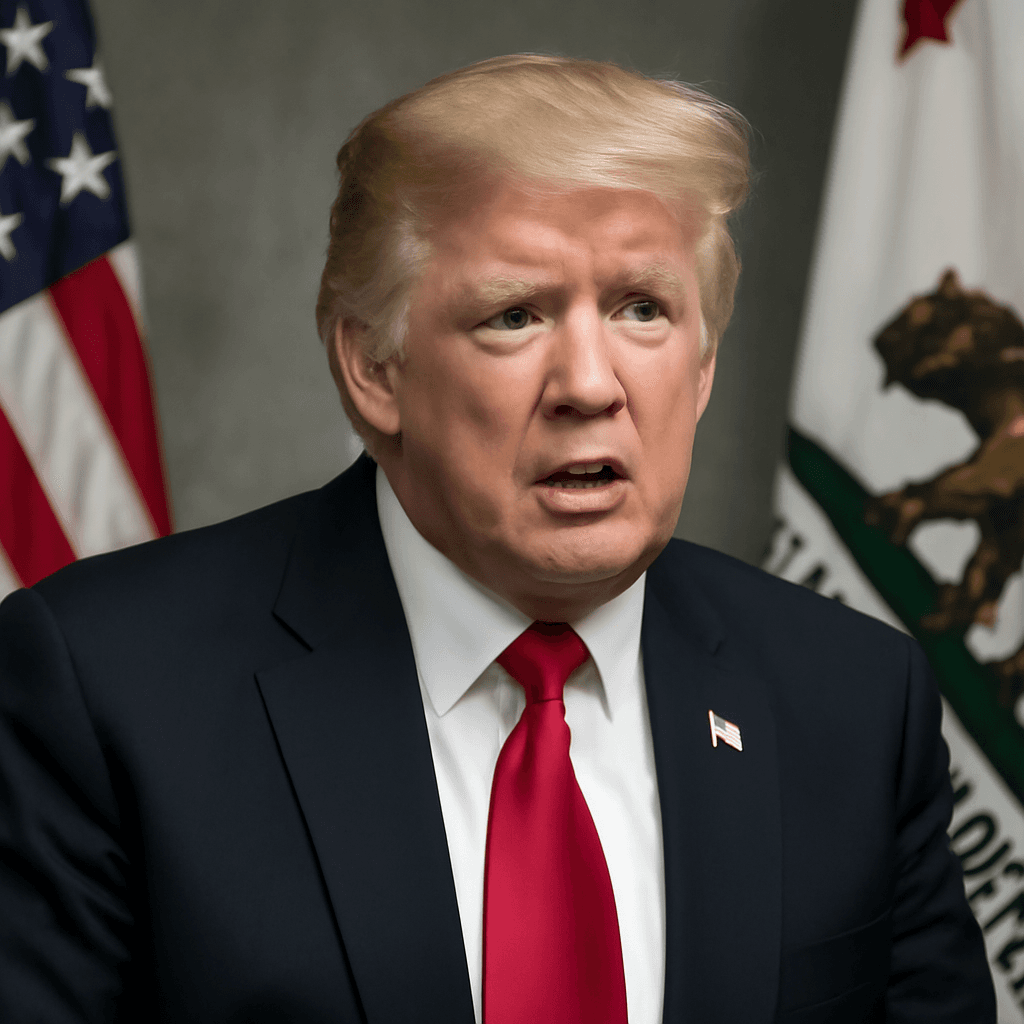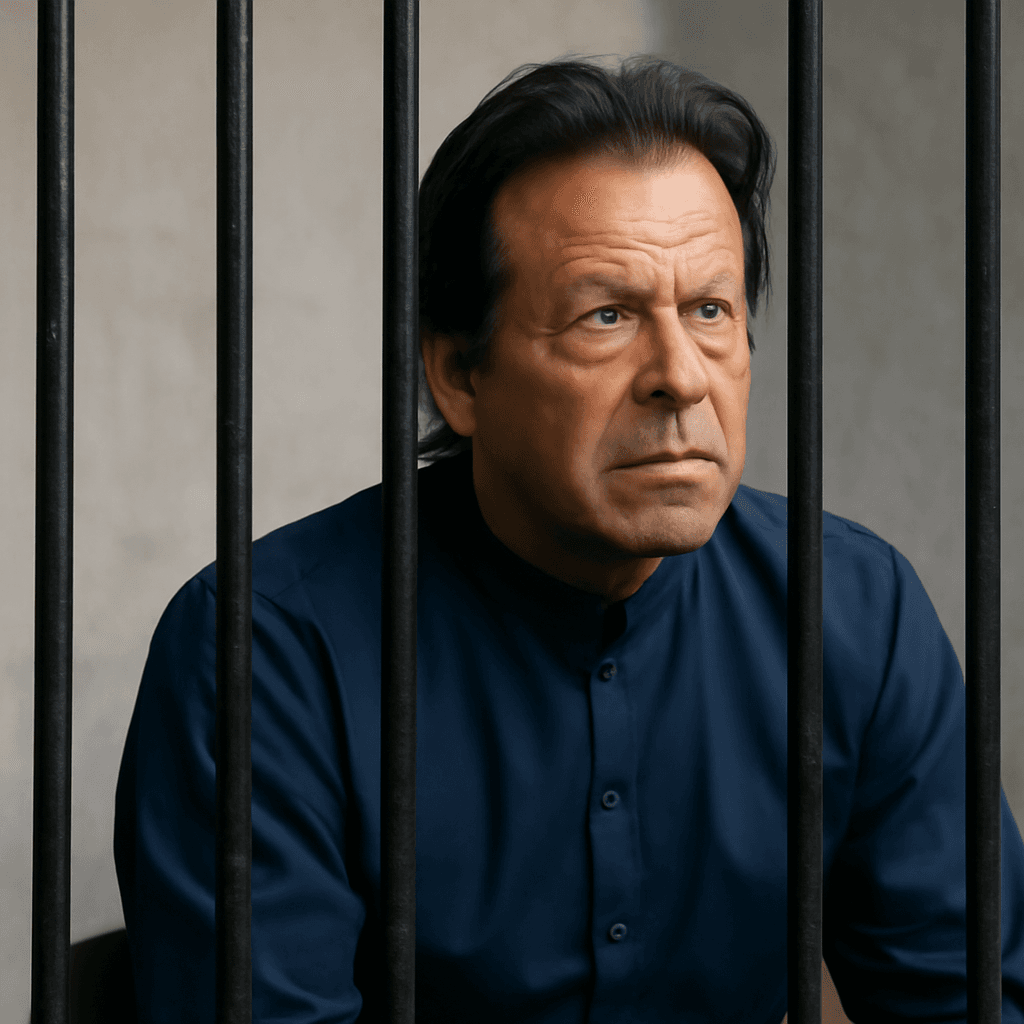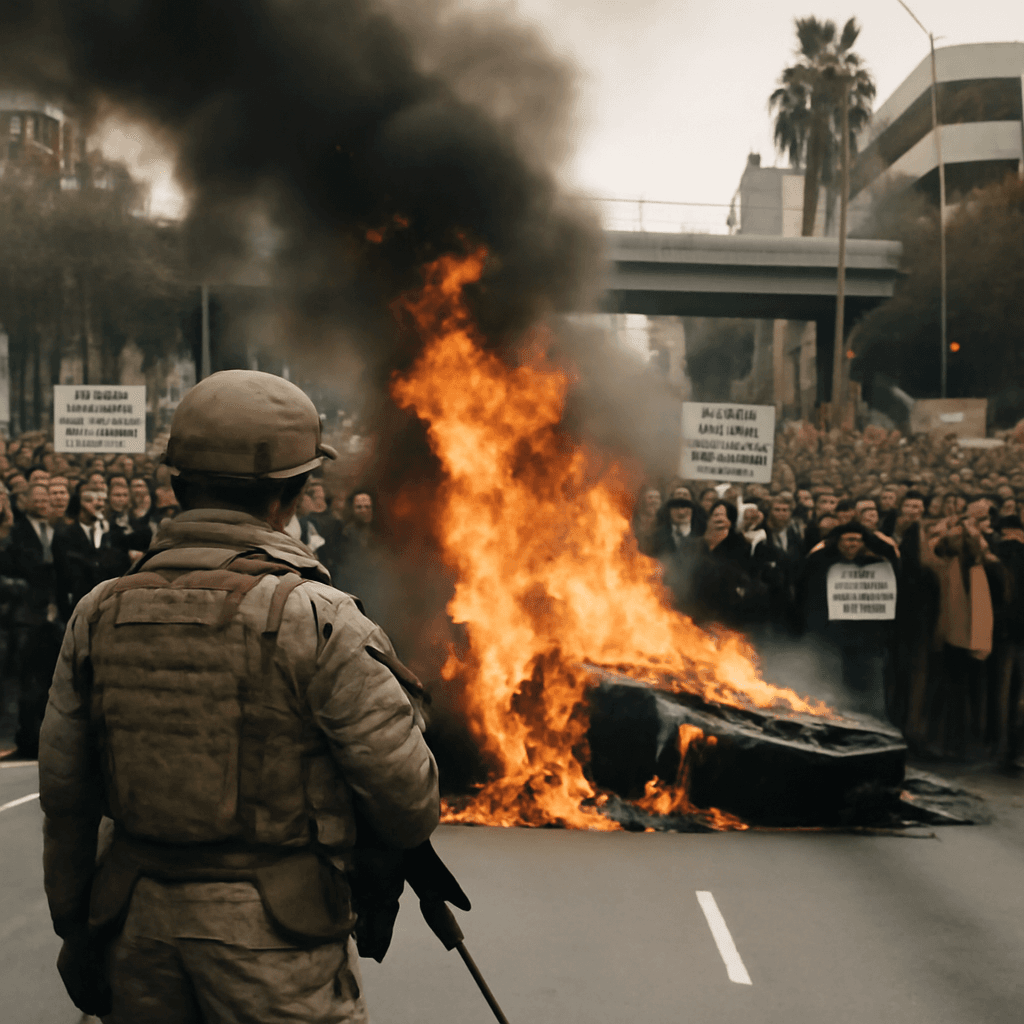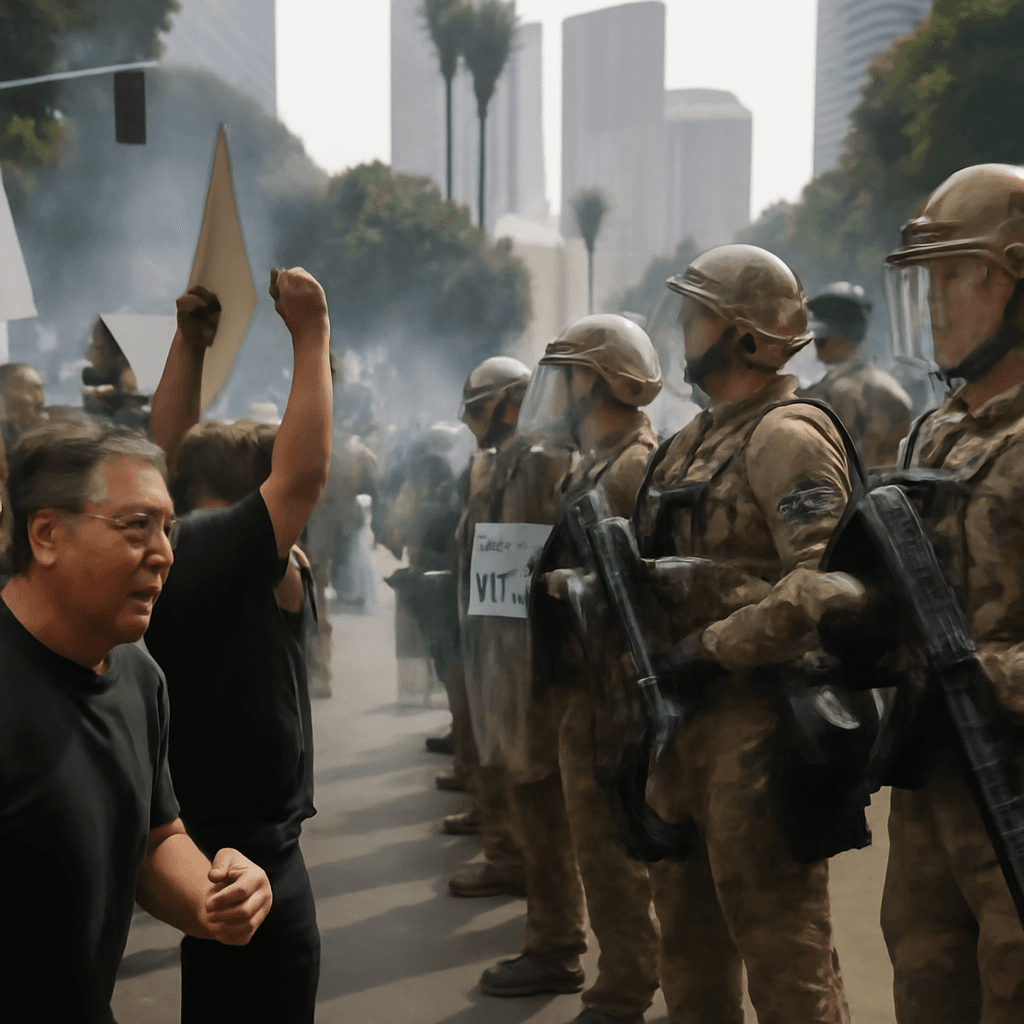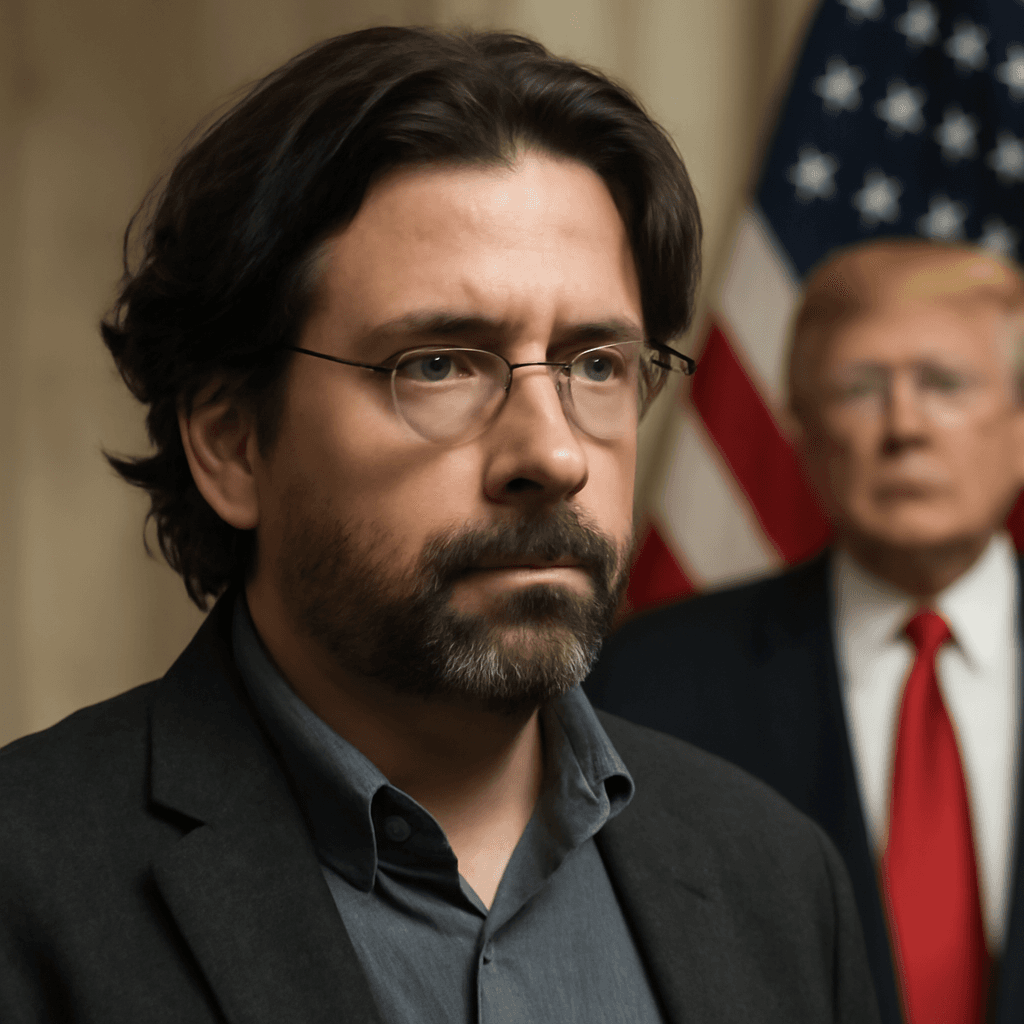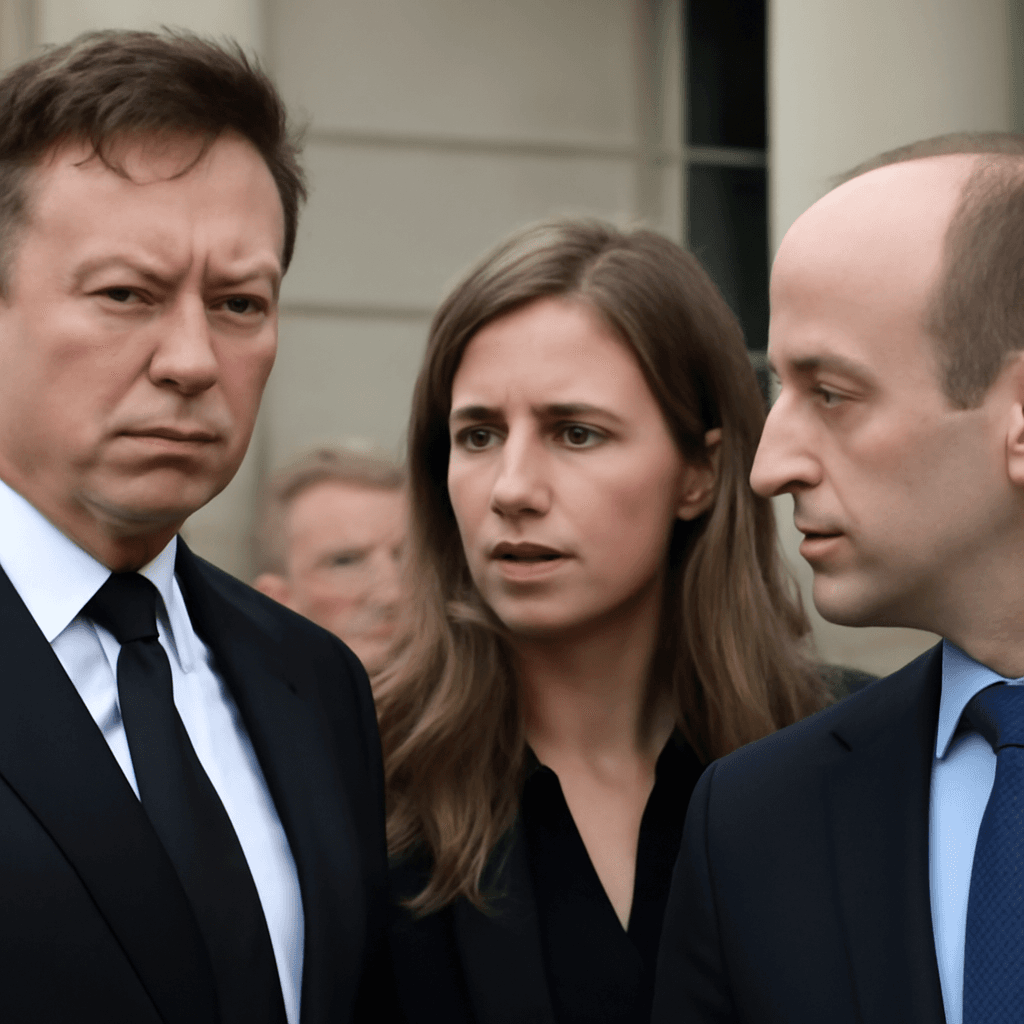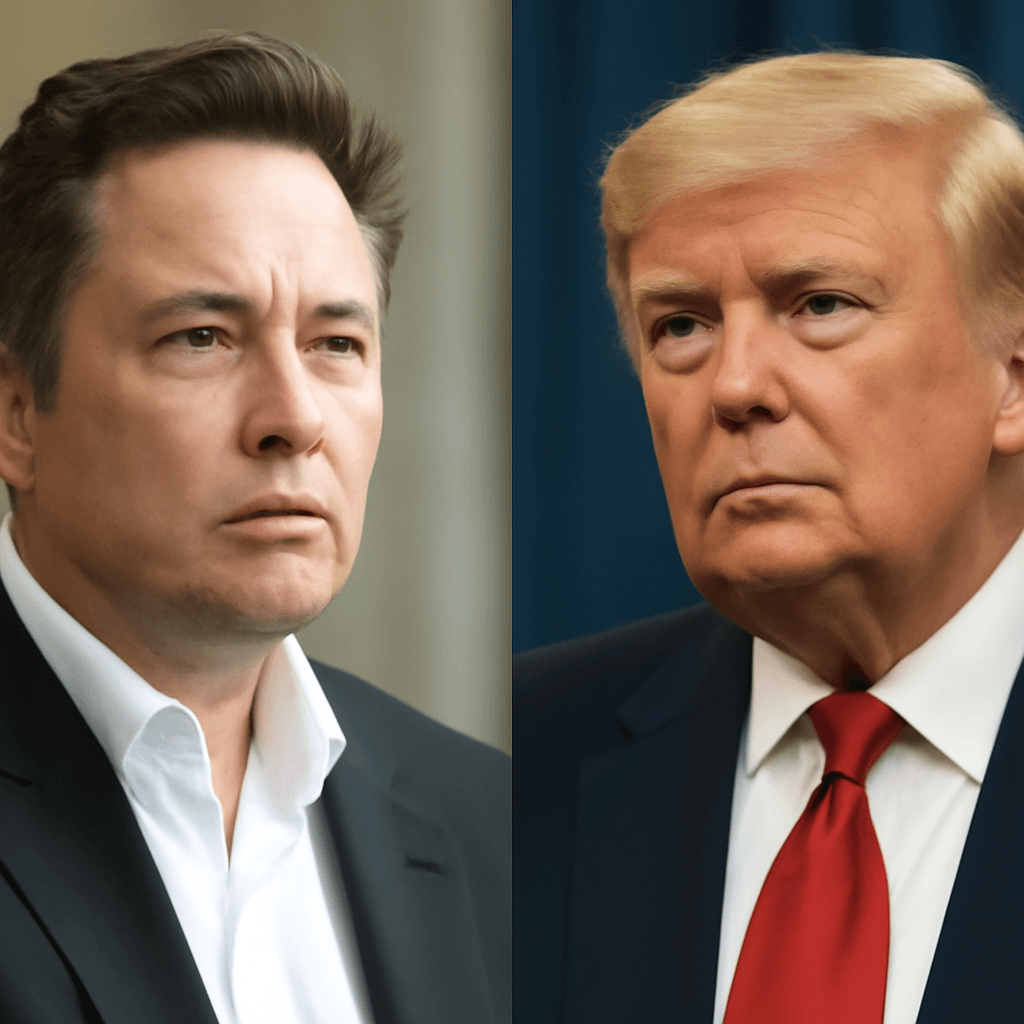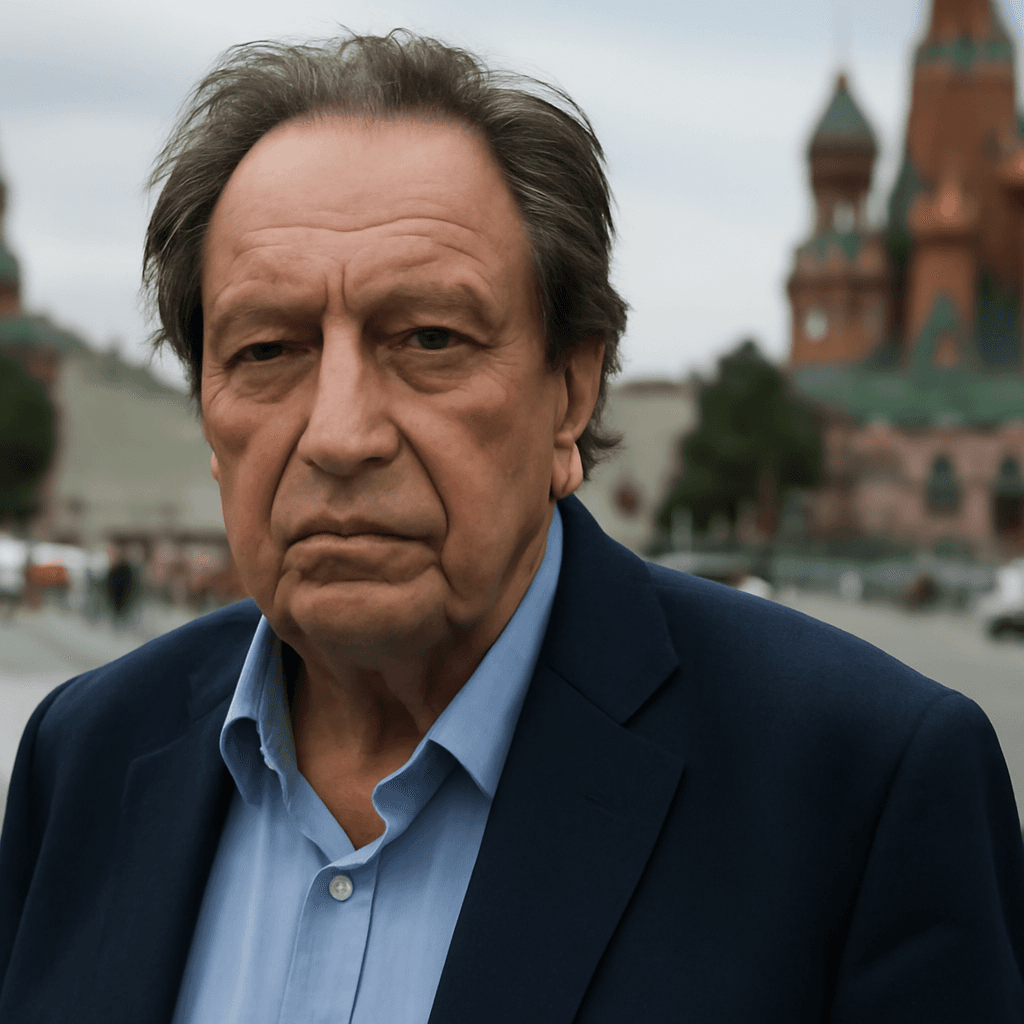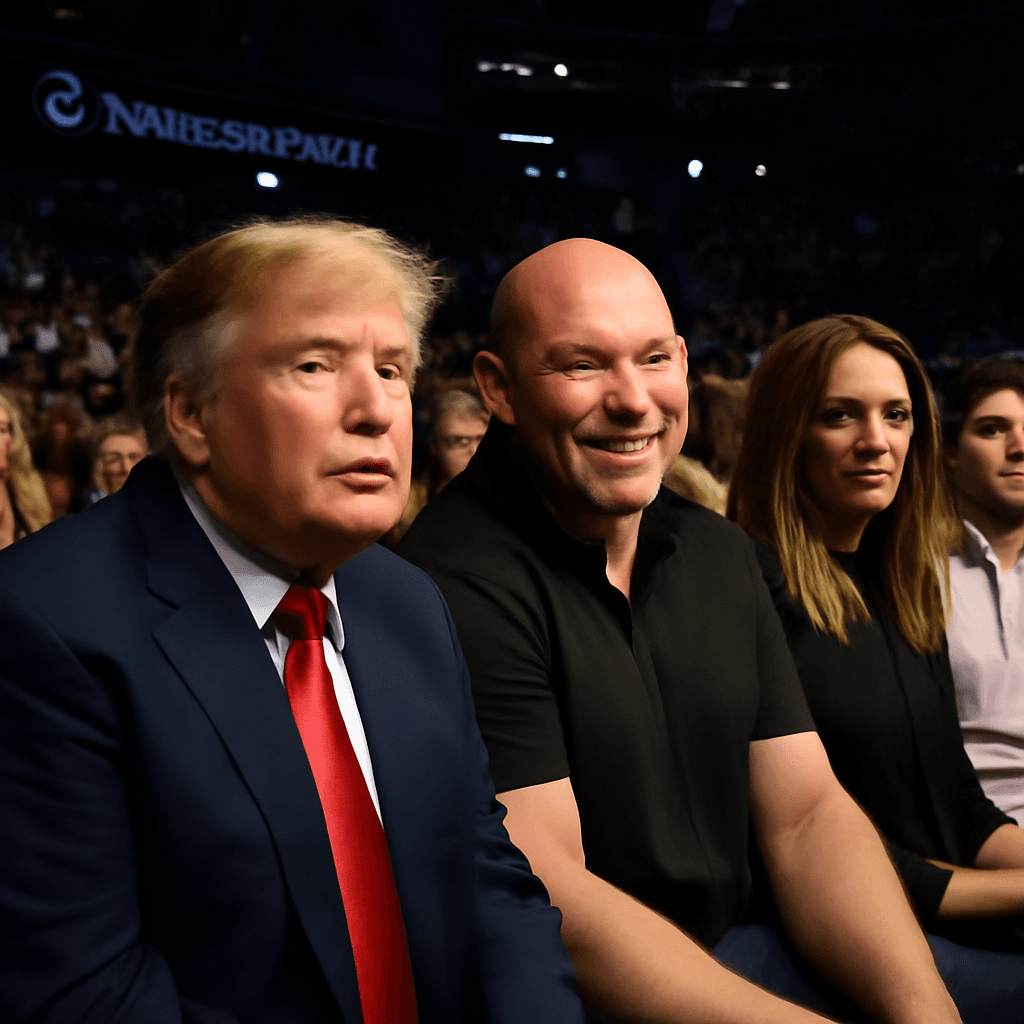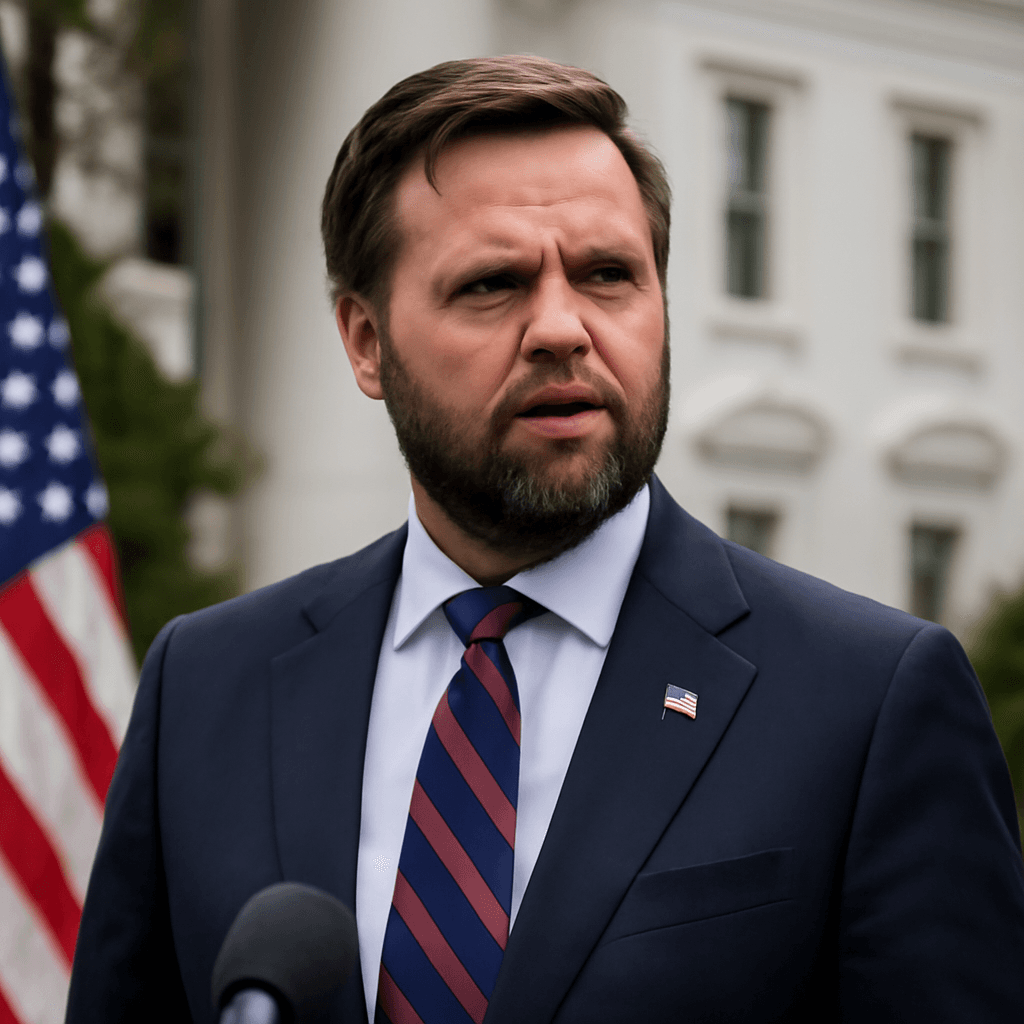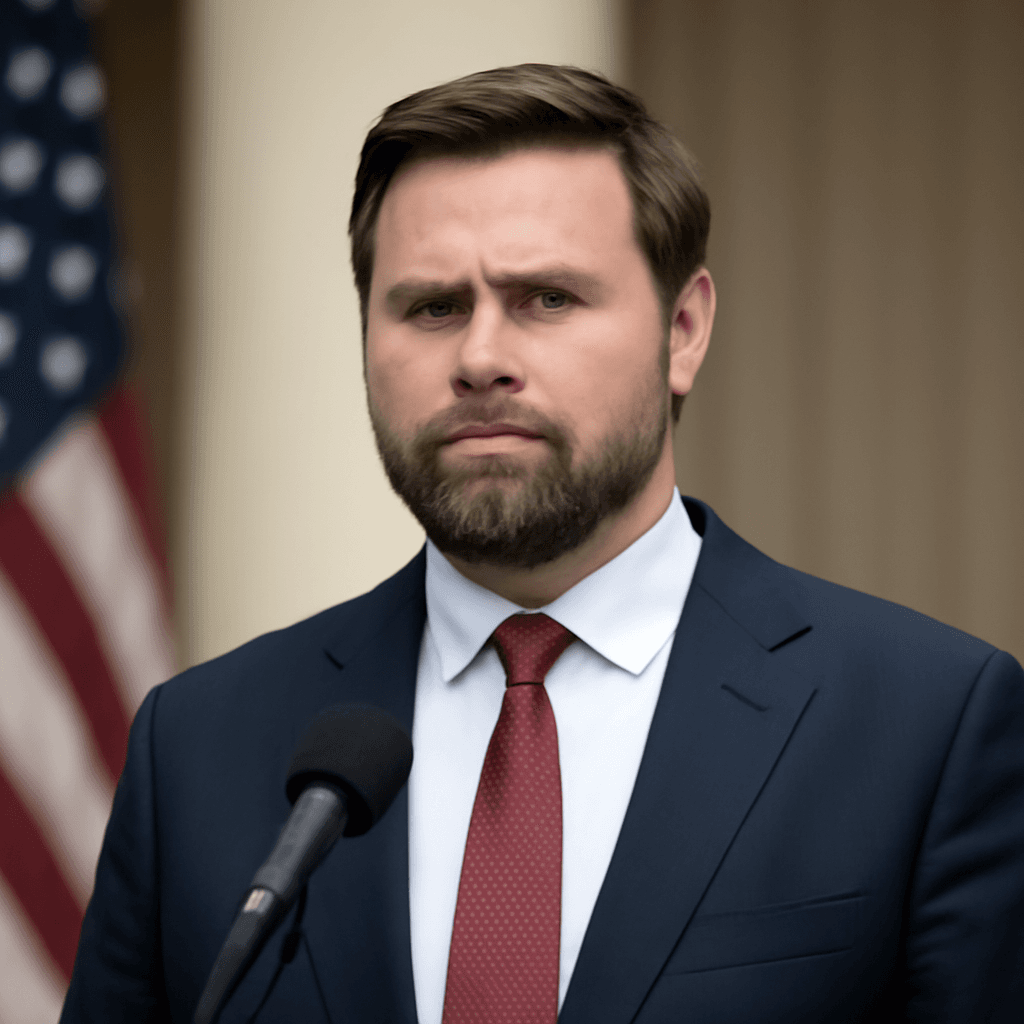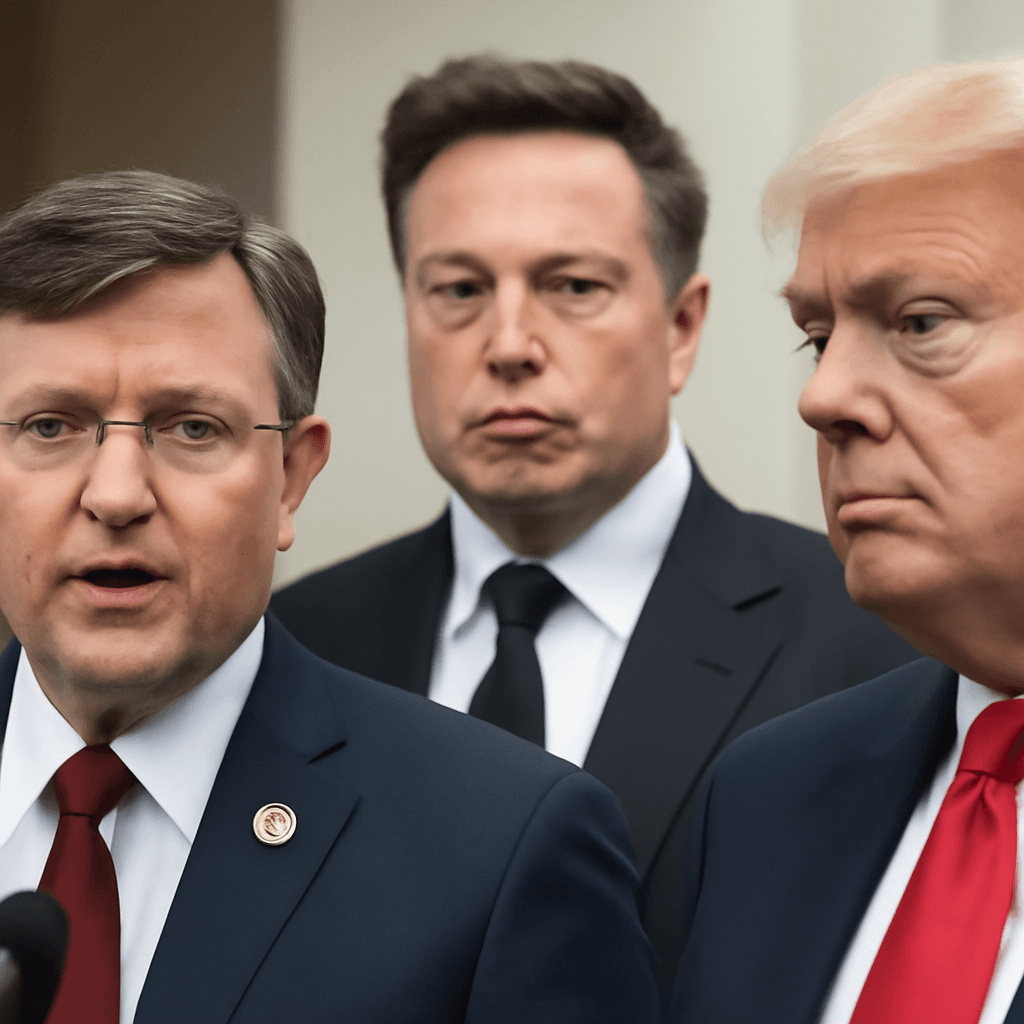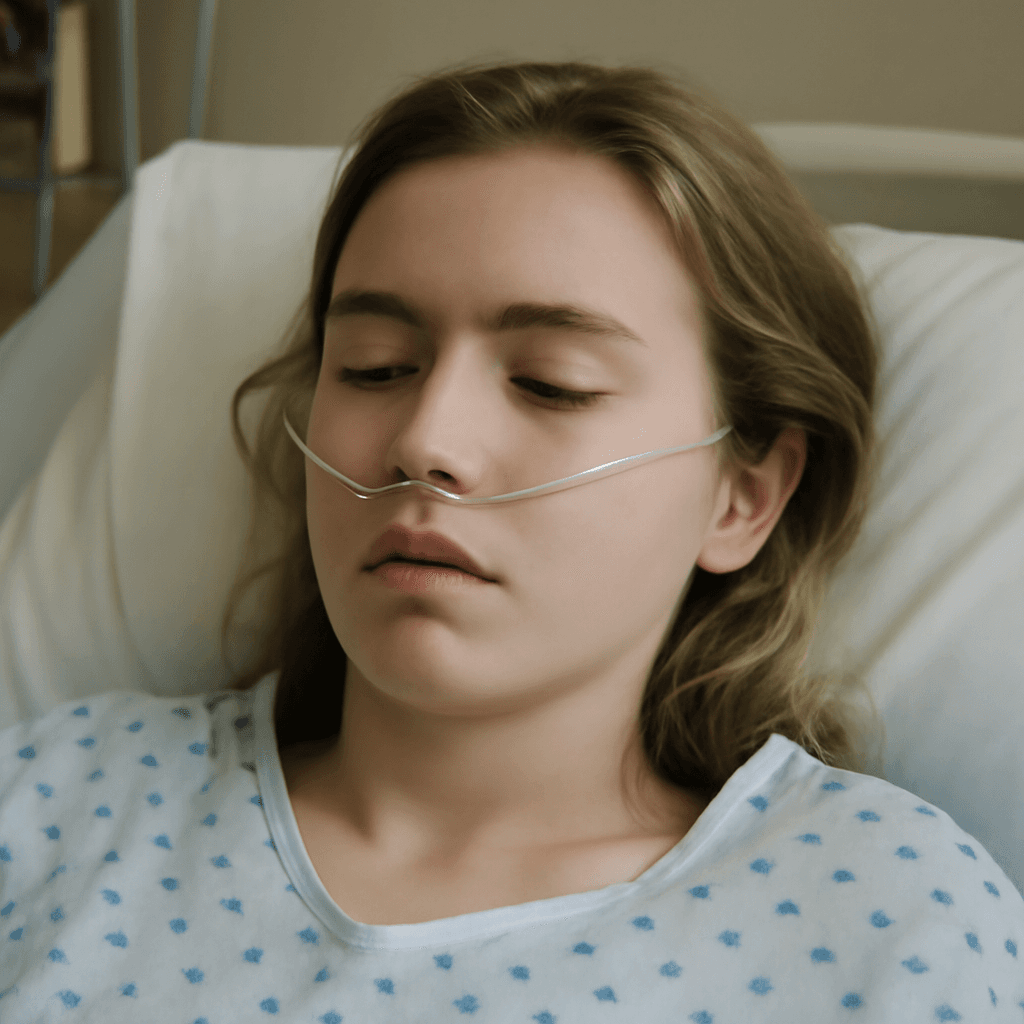Proud Boys Leaders File $100 Million Lawsuit Against US Government
Four prominent leaders of the Proud Boys, a far-right group, have initiated a lawsuit against the US government, demanding $100 million in damages. The plaintiffs allege multiple breaches of their constitutional rights during legal actions taken against them following the events surrounding the 2020 presidential election.
Individuals Involved and Legal Background
The complaint, filed in Florida, includes Henry 'Enrique' Tarrio, the former head of the Proud Boys, alongside Joseph Biggs, Zachary Rehl, Ethan Nordean, and Dominic Pezzola, all of whom held leadership roles within the group.
These individuals were convicted on various charges related to the January 6, 2021, attack on the US Capitol, including seditious conspiracy. Tarrio, for instance, received a 22-year sentence. Biggs, Rehl, and Nordean were also found guilty of similar charges, while Pezzola was convicted of assaulting a Capitol Police officer and vandalism associated with the riot.
Context of the Lawsuit
The lawsuit comes after all five defendants were granted pardons by former President Donald Trump during his first day back in office in 2025. This clemency order extended to over 1,500 individuals involved in the Capitol breach, including the Proud Boys members, effectively commuting sentences or granting full pardons.
The plaintiffs claim that their constitutional rights were infringed upon during the investigation, prosecution, and incarceration phases, prompting them to seek legal redress through this lawsuit.
Key Highlights:
- Amount Sought: $100 million in damages.
- Lead Plaintiffs: Henry 'Enrique' Tarrio, Joseph Biggs, Zachary Rehl, Ethan Nordean, Dominic Pezzola.
- Charges Previously Faced: Seditious conspiracy, assault, and other related offenses.
- Pardoned By: Former President Donald Trump in 2025.
Implications and Next Steps
This lawsuit represents a significant legal challenge to the government’s investigation and prosecution strategies related to the Capitol riot. It raises important questions about constitutional protections and governmental accountability in politically charged cases.
The case is expected to proceed through the courts, where the plaintiffs will present their claims of rights violations, potentially setting precedents regarding defendants' treatment in high-profile political prosecutions.

